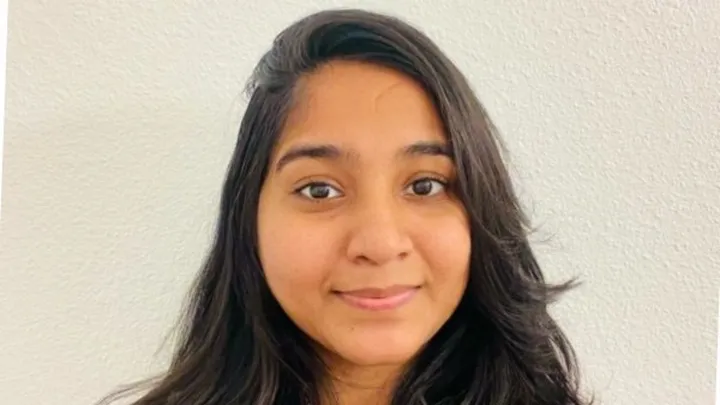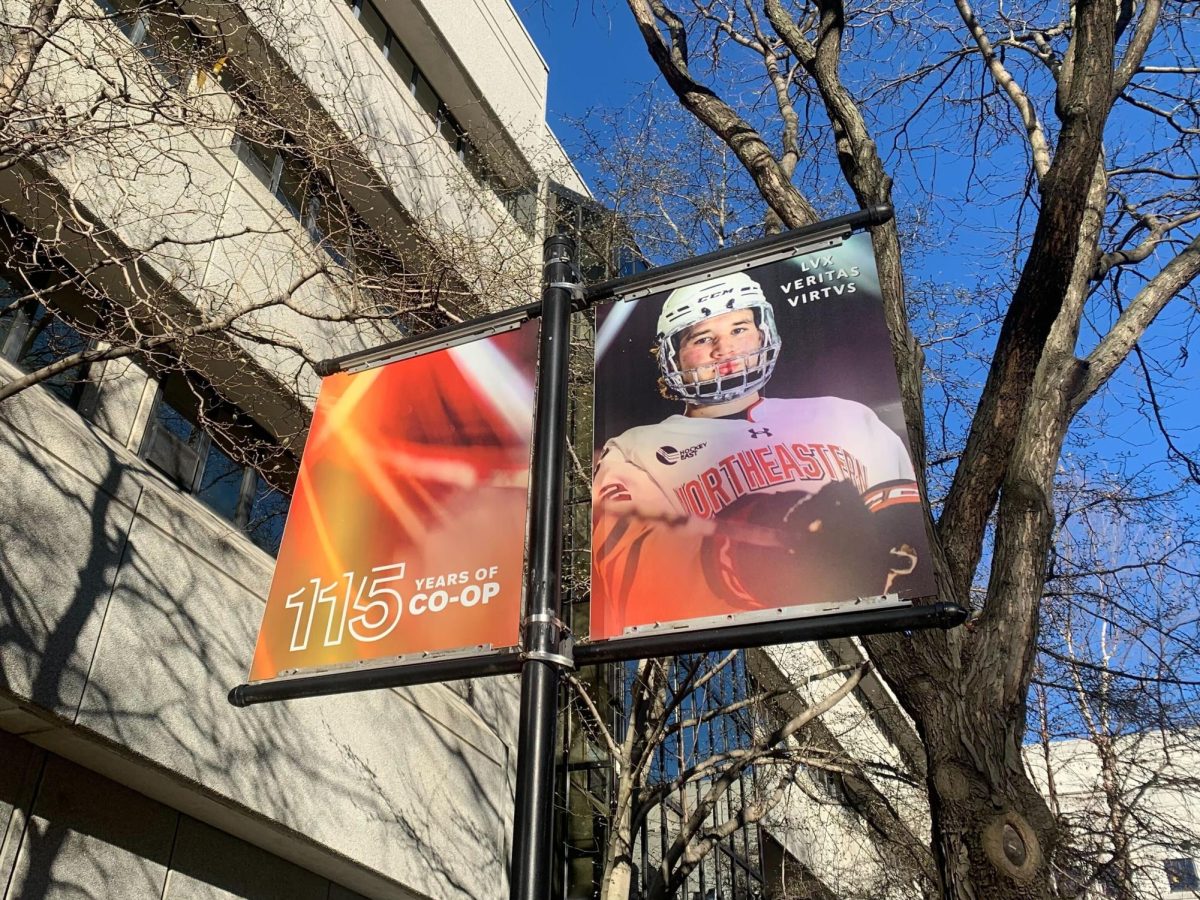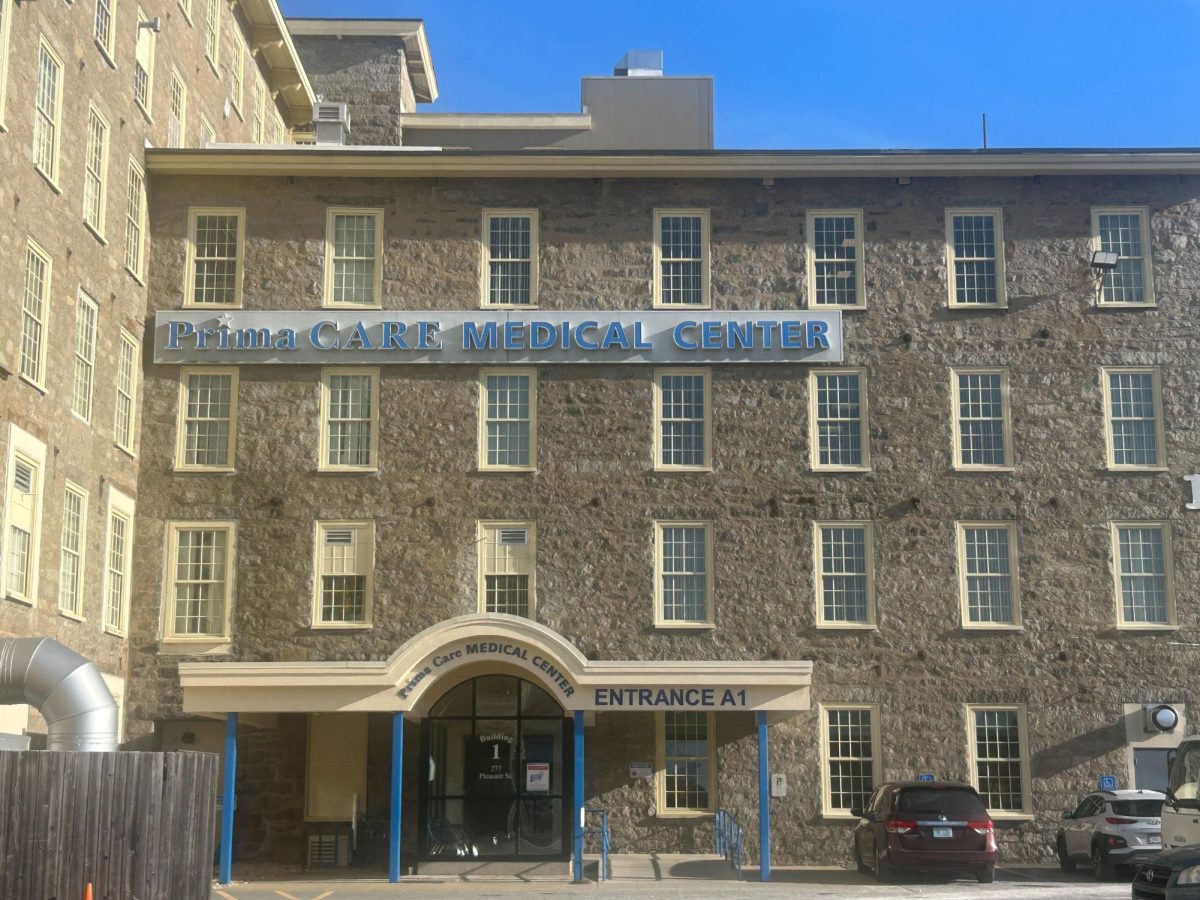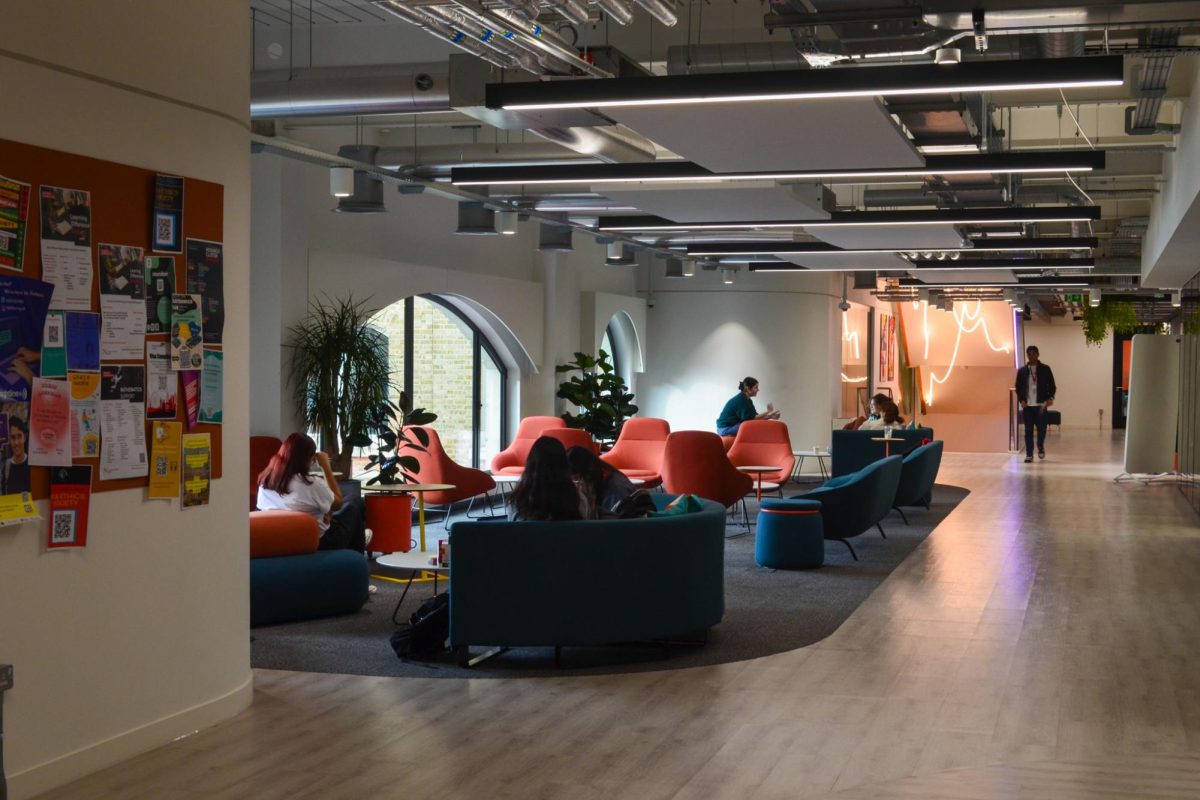By Emily Sandstrom, News Correspondent
The American Mathematical Society has honored Northeastern University professor Ivan Losev with a fellowship for his research, which uses algebra to understand quantum mechanics, and his contribution to geometric representation theory and the theory of categorification.
The American Mathematical Society, or AMS, is an organization that seeks to further the interests of mathematical research and unite the national and international community through publications, meetings and advocacy, according to the AMS official website.
The AMS fellowships are prestigious, with only 60 mathematicians recognized annually.
“The annual fellows are recognized by previous fellowship holders. The nominations are sent to them, and they deliberate for a period of about three to four months,” said Diane Boumenot, an AMS representative. “The amount of nominees each year are not announced, but trust me, it’s competitive.”
Losev received his doctorate from Moscow State University in 2007 and taught at MIT before joining the Northeastern faculty.
His research that won the AMS fellowship focused on representation theory, which studies concrete ways to realize abstract algebraic objects from a mathematical perspective. From a physics perspective, it seeks to understand the motion of elementary particles by using symmetry, Losev said.
“I definitely was very pleased,” Losev said. “I am still in a relatively early stage of my career, and it’s great to earn this recognition relatively early.”
Losev’s extensive research in his field has had a significant impact on Northeastern’s mathematics community. His research has been largely influential to his students, said second-year Northeastern mathematics doctoral student Dmytro Matvieievskyi, who has worked alongside Losev.
“Ivan is very helpful and is always available for questions,” Matvieievskyi said. “In addition to that, he organizes many seminars and teaches courses on my topics of interest that help me to develop as a mathematician.”
Matvieievskyi is studying a geometric approach to questions inspired by Ivan’s work.
“I find it to be a very beautiful piece of mathematics and enjoy working with him on it,” he said. “His immense knowledge of the subject helps me to understand the topic and guides me through the research.”
Losev is eager to share his knowledge with the Northeastern mathematics community.
“I’m organizing a few seminars: the colloquium, our research and training group seminar called ‘Geometry, Physics and Representation theory’, and also a learning seminar for graduate students on recent developments in my field.”
But Losev said there is more to come. He is already working on his next project.
“I am currently working on a couple of fundamental questions in my field that I hope will be of major importance in representation theory and related fields of mathematics,” he said.









